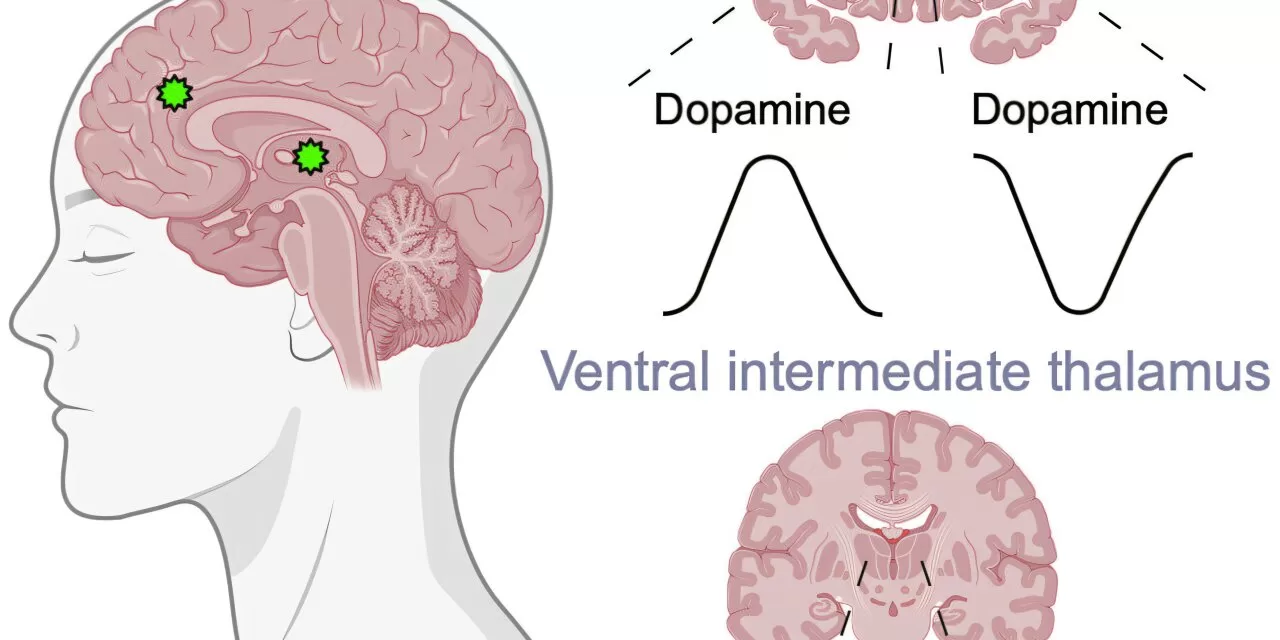In an innovative new study, scientists have uncovered how neurotransmitters in the human brain are released when we process the emotional content of language, shedding light on the complex interplay between language, emotion, and brain function. This research, led by Virginia Tech neuroscientist Read Montague, offers a groundbreaking look into how the brain reacts to words and their emotional weight, contributing new insights into the connections between language, decisions, and behavior.
The study, published in Cell Reports, reveals that neurotransmitters like dopamine, serotonin, and norepinephrine are released in distinct brain regions when individuals interpret emotional language. This research challenges previous assumptions by demonstrating that these brain chemicals, often linked to reactions to experiences, also play a role in processing words and emotions, which are crucial for human survival and communication.
Montague, a computational neuroscientist and professor at the Fralin Biomedical Research Institute at Virginia Tech, emphasizes that these neurotransmitters aren’t just responding to external stimuli like food or danger, but also to words—those emotionally charged symbols that hold deep significance in human culture. “Our findings suggest that the brain systems evolved to help us react to good or bad things in our environment also influence how we process words, which are vital for human interaction,” said Montague, co-senior author of the study.
What sets this research apart is its method of simultaneously measuring neurotransmitter release during emotional word processing in humans. By examining the brains of patients undergoing deep brain stimulation surgery, scientists discovered that positive, negative, and neutral words all trigger distinct neurochemical responses. The study explored these responses in two key brain regions: the thalamus, long not associated with emotional or linguistic processing, and the anterior cingulate cortex, known for its role in decision-making and emotional regulation.
William “Matt” Howe, a co-author of the study, remarked on the surprising findings related to the thalamus, which has not been traditionally linked to processing language. “The thalamus’ response to emotionally charged words suggests that even brain regions not typically involved in emotional processing may still access and act on emotionally significant information,” Howe explained. This insight has broad implications, potentially linking the brain’s movement-regulation regions with emotional processing to guide behavior.
The team also validated their human findings through experiments in rodent models, using optogenetics to control specific neurons and confirm the patterns seen in human brains. Alec Hartle, a doctoral student at Virginia Tech and co-author of the study, emphasized that these results indicate that neurotransmitters may be integral to human decision-making in ways previously overlooked.
The study, which used words from the Affective Norms for English Words (ANEW) database, shows how neurotransmitter systems in the brain are finely tuned to interpret the emotional significance of words, opening the door for future research on the role of these chemicals in mental health, decision-making, and communication.
As the field of neuroscience continues to evolve, these findings mark a critical step toward understanding the deep connections between brain chemistry and the language that shapes human emotions and actions. While still in its early stages, the study raises profound questions about the intersection of biology, behavior, and language, setting the stage for further exploration into how the brain processes emotional content in everyday communication.
For more information, the study can be accessed in Cell Reports, January 28, 2025, DOI: 10.1016/j.celrep.2024.115162.












